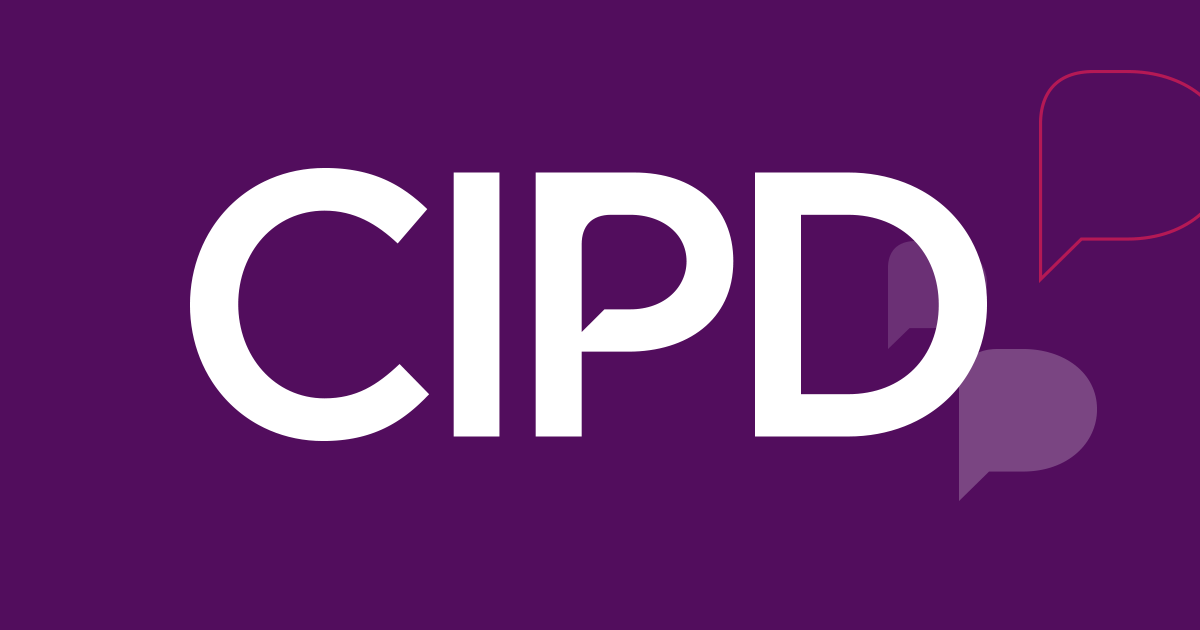To CIPD or Not to CIPD: Why Membership Matters – and Why Some Still Say No
In the HR world, the acronym CIPD is often seen as a stamp of credibility—a sign you’re serious about the profession. Whether you’re a seasoned people leader or just starting your career, the Chartered Institute of Personnel and Development (CIPD) is one of the most recognised bodies for HR and people development professionals in the UK.
But not everyone is a member. And not everyone sees the value in joining.
In this blog, we’ll explore the benefits of being part of the CIPD, the reasons some choose not to join, and what the “right” answer might be for individuals navigating their HR career path.
Why Being Part of the CIPD Matters
The CIPD has over 160,000 members globally, offering a range of professional grades and qualifications that signal both experience and commitment to ethical, evidence-based HR practice. But membership isn’t just about letters after your name.
Here’s what being part of the CIPD brings:
1. Professional Credibility
CIPD membership demonstrates that you meet an established benchmark for knowledge, behaviour and ethics in HR. Many employers—particularly in larger organisations—expect or prefer candidates who hold a CIPD qualification, especially for mid-to-senior roles.
2. Learning and Development
From journals and case studies to events and online learning, CIPD offers a continuous pipeline of professional development resources. In a fast-changing field like HR, staying current is key—and membership makes that easier.
3. Community and Networking
The CIPD isn’t just a qualification body; it’s a community. Local branches and special interest groups offer real-life networking and support, whether you're facing a tricky policy issue or simply want to exchange ideas.
4. Ethical Guidance
With its Code of Professional Conduct, the CIPD also acts as a moral compass for HR professionals navigating complex workplace situations—something increasingly important in today’s business landscape.
So Why Do Some HR Professionals Opt Out?
Despite its standing, not everyone is on board. There’s a growing number of people in HR roles—especially those in SMEs, startups or operational HR—who have chosen not to pursue CIPD membership. Here’s why:
1. Cost vs. Value
Annual membership fees, coupled with the cost of accredited study routes, can be off-putting—particularly for self-funded learners or early-career professionals. Some feel the cost outweighs the perceived return on investment.
2. Employer Doesn’t Require It
In some sectors—especially hospitality, retail, or smaller businesses—CIPD qualifications aren’t seen as essential. If you can get the job and do it well without it, why pay for something you don’t "need"?
3. Experience Over Accreditation
Some professionals feel that practical experience and business acumen matter more than formal accreditation. They argue that hands-on people management beats theory when it comes to real-world impact.
4. Perception of Elitism or Red Tape
A few see the CIPD as overly formal or bureaucratic, not reflective of the fast-paced, human-centred nature of modern HR. They may prefer more agile or alternative learning communities that feel fresher and more responsive.
Is There a Right Answer?
The truth is, there isn’t a one-size-fits-all path in HR—but there is a strong case for recognising the CIPD’s role in raising professional standards, creating a shared language for practice, and offering a support system when things get complex.
You don’t need the CIPD to care deeply about people. But if you do want to progress in your career, navigate challenging legal terrain, and build strategic influence, being a part of a respected professional body can be a real advantage.
And as the HR profession continues to evolve—taking on bigger roles in ESG, wellbeing, DEI, and digital transformation—the need for credible, ethical, and informed practitioners has never been greater.
Being part of the CIPD isn’t just about the letters after your name. It’s about being part of a community that’s shaping the future of work.
Final Thoughts
If you're not part of the CIPD, you’re not alone—and that doesn’t make you less passionate, capable or committed. But if you're aiming for long-term credibility, professional growth, and a seat at the decision-making table, membership can offer invaluable support and opportunity.
So, is the CIPD right for everyone? Not necessarily.
But is it worth exploring? Absolutely.

